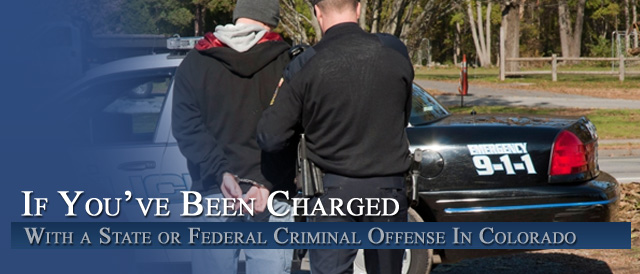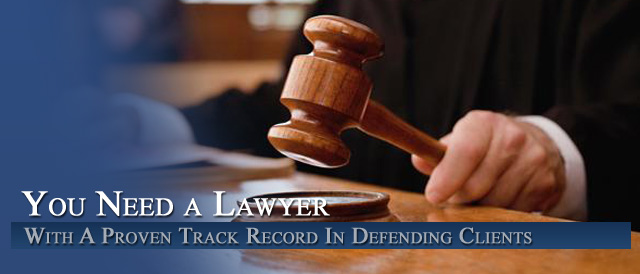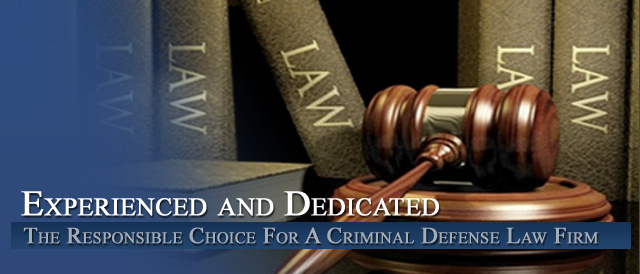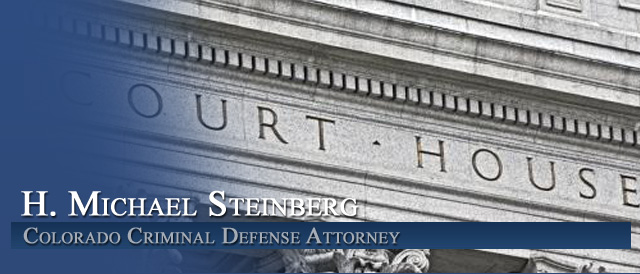




Colorado Law: Common Law Marriage
Does Colorado Recognize Common Law Marriages?
For the last several years, John and Jane have been living together in Colorado, using the same last name. They have referred to their marriage in the presence of friends, family, and co-workers. They file their income taxes using a joint return. However, they never obtained a marriage license or went through a formal marriage ceremony in a church or before a judge. Will the law recognize their marriage? Do they have all of the same legal benefits and obligations of other married couples?
Colorado recognizes so-called “common law”marriages. Accordingly, the law may treat John and Jane’s marriage the same as any other valid, legal marriage.
What constitutes a Colorado common law marriage?
A common law marriage can be defined as a marriage not otherwise prohibited by law between a man and a woman who are at least eighteen years old that is not based upon a license, ceremony, or any other legal formality but upon the couple’s agreement to have a marital relationship. Most states recognizing common law marriage require that the couple intend to have a marital relationship, live together, and have a reputation of being husband and wife.
Historically, the courts of England and a number of the original states recognized common law marriages. The practice grew rapidly, especially in the West, because of the difficulty of finding someone qualified to perform a marriage ceremony
and because couples did not have the ability to travel to obtain a marriage license. currently, Colorado and nine other
states, including the District of Columbia, recognize common law marriage, and each state establishes its own requirements for proof of such a marriage.
What does the law require for a common law marriage in Colorado?
A couple does not need to obtain a marriage license or participate in a wedding ceremony to have a common law marriage; however, each party must be at least eighteen years old and the couple must:
Mutually consent or agree to live as husband and wife; and
Mutually and openly assume a marital relationship.
Therefore, the couple must be adults, must agree that the marriage exists, and must behavein public as a married couple. A court may consider the conduct of the couple and the duration and nature of their relationship to verify the
existence of an agreement between them.
Many people mistakenly believe that a couple has a common law marriage after living together for a certain period of time. Living together for along period of time may help to demonstrate the couple’s agreement to be married, but the
law does not require a specific time period.
What should couples keep in mind?
If challenged, a couple may have to prove the existence of their common law marriage. The couple may use some or all of the following evidence, or other similar evidence, to demonstrate their agreement to have a marital relationship:
A woman takes the surname of the man with whom she lives;
The couple refers to their marriage in conversations with other people, such as friends, family, and co-workers;
The couple files joint tax returns for federal or state income tax purposes;
The couple lists each other as spouses on insurance forms and retirement plans;
The couple has joint checking and savings accounts; and
The couple owns property as joint tenants.
If a couple married by common law wishes to end their marriage, they must get divorced in the same manner as a couple married in a ceremony. The divorce will address all the issues involved in any divorce, including parental responsibility
for their children, parenting time with their children, child support, maintenance, and property division. Any future marriage of either spouse will be invalid if a court does not properly dissolve the common law marriage prior to the next marriage.
What is a Cohabitation Agreement?
A cohabitation agreement is an oral or written contract between unrelated and unmarried persons who share a common household. The agreement usually addresses such issues as the pooling of financial resources, the sharing of household
duties, household expenses, and the use and ownership of personal and real property. The parties referred to here as cohabitants may be of the same or the opposite sex.
The agreement is usually most appropriate in the context of a relationship where the cohabitants reside together, may be involved in a sexual relationship, and are perceived by others as a socially and economically integrated household.
The parties have no present intent to be married, do not hold themselves out as married persons, or by reason of legal impediment such as being of the same sex, cannot marry.(fn5) Furthermore, this relationship can be terminated by the
parties simply by leaving each other. By reason of the degree of social and economic integration between the cohabitants, the cohabitation agreement is viewed as a vehicle to create legal protection for the parties approximating that which is created by law for married persons.
Other Articles of Interest:
- Colorado Criminal Law and Common Law Marriage as a Bar To Courtroom Testimony
- Federal Witness Immunity I
- Colorado Juvenile Criminal Law and Issues – Common Motions – Police Stops
- Understanding Colorado Criminal Law – Should You Accept A Deferred Prosecution – Diversion Agreement?
- Entering A Guilty Plea In Colorado – The Different Ways To Plead Guilty – How It All Works












